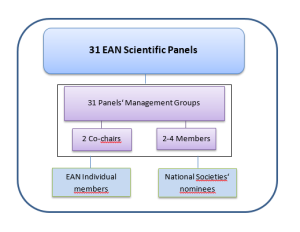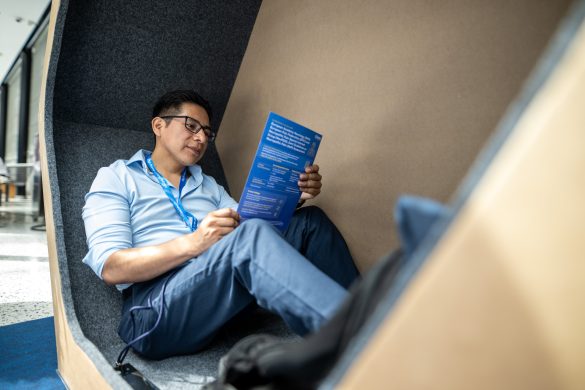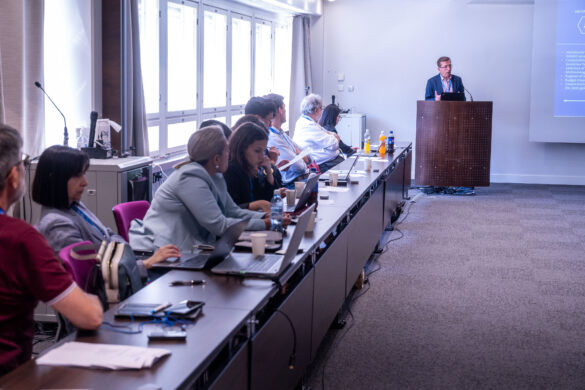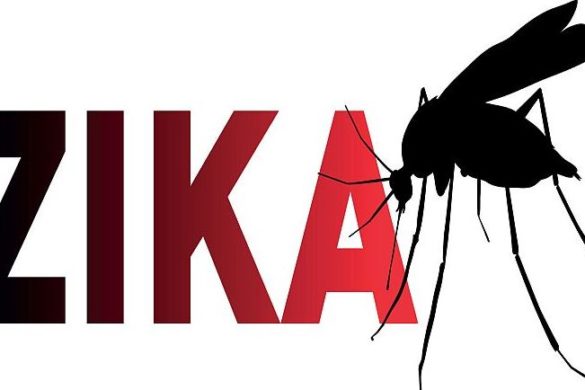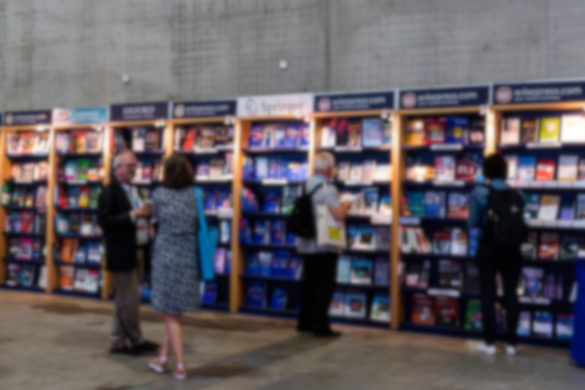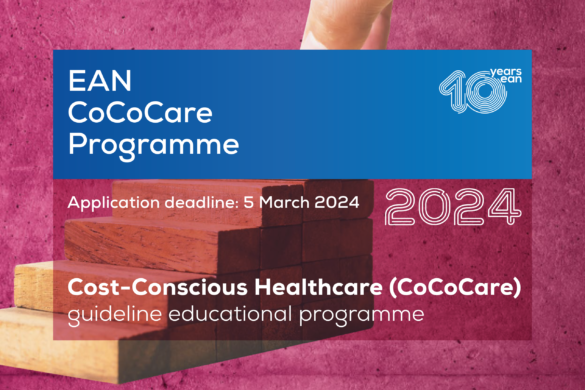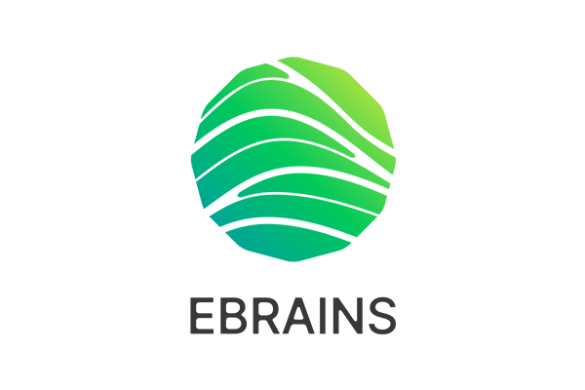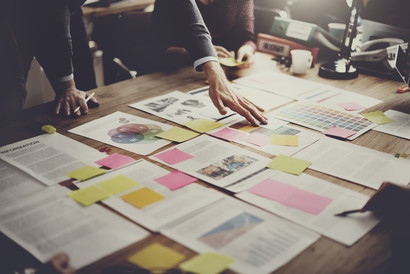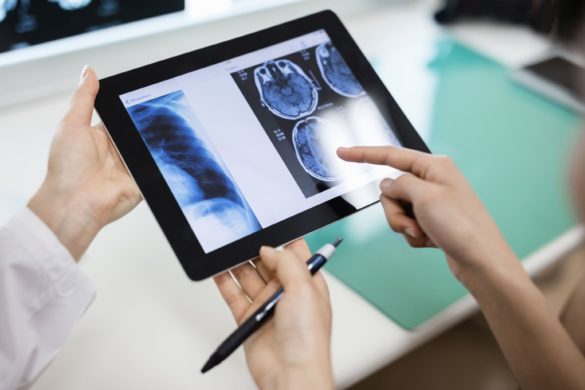In the recent months, the EAN have reorganized its Scientific Panels. This was a rather complex and time consuming procedure, starting with the European National Neurological Societies nominating its representatives for each panel, an approval of EAN individual members who asked to serve in the different Panels, through the call for applications for the Management Group (MG) chairmanship and membership, and ending with the elections, involving more than 1000 EAN Panel members. At the present each Panel (we have 31 of them) consists of National Societies’ representatives, whose main role is to interact on behalf of and forward the information to the National Societies, and individual members who are at the same time EAN individual members. Each Panel is led by a MG formed by 3-6 persons including two co-chairs, democratically elected by their Panel members.
Please see figure 1 outlining the organisation of the SPs.
Fig 1:
Detailed information on MG members and co-chairs can be found on our Website, when clicking on a different Panel.
I would like to thank the EAN Headoffice, and particularly Ms Lucia Cernicka, for all the work they had put into it. We hope that the Scientific Panels, the very important part of our organisation, will approach tasks and new activities enthusiastically.
I take the opportunity of this article to summarise the challenges and tasks that await our Panels, and are necessary for disseminating information on our organisation, encouraging also a firm collaboration within the different EAN structures.
First of all, as written in the rules, the MG is the responsible partner of the Scientific Committee (SC) and should define the aims of the panel for the next two years. The EAN needs a structure, which allows a productive work to be done within the panel. We hope that each MG member will be responsible for a specific part of the activities and will involve its panel members as much as possible.
The main tasks are following:
- Guideline production
Planning, proposing and overseeing the future guidelines (gl) is one of the main tasks of SP and SC. The SC has increased its budget for guideline production and intends to make a call for this in due course. - Scientific updates
The SP is expected to provide two news-reports in its field per year. This should cover briefly the new and most relevant scientific developments and will be published in Neuropenews (future EAN pages) or on the Website. The SP should also produce breaking news reports for press releases if needed. As you certainly know, some of our SPs already recommend the best articles of the month to the SC. - Congress preparation
The SP organises the preparation of topic/session proposals for the annual congress and is always involved in the Congress abstract review. - EAN Rare neurological diseases Task Force (RNDs TF)
With this activity, the EAN recognises the central role of neurologists in taking care of patients with RNDs, the necessity of improving the clinical and research infrastructure and aims to stimulate an increase in the number of neurologists specialising in RNDs (see an article on the TF in this issue!) - Task Force on Transition of Care from Childhood to Adulthood
The SC plans to establish a Task Force on transition of care from childhood to adulthood, a very important neglected problem in neurological care, in order to improve the current situation in this field in Europe. TF activity shall lead to a final consensus document. - Educational activities
The MG identifies suitable and willing individuals for reviewing research and clinical fellowship applications, shall participate in educational events outside the congress and write questions for the European Board of Neurology exam, organized every year during the annual congress. - Scientific expertise at the European level
Each SP will have one representative dealing with the EU issues, who could be approached by the EAN European Affairs Sub-Committee . - Creation of research networks and facilitation of research/funding at the European level.
The presence of members from all European Countries will improve our capacity of networking, and will increase our possibility to stimulate our members to apply for European funds. - Collection of data regarding neurological care and research across Europe and its subsequent harmonization.
- Cooperation with patients’ organisations
Patient representative are/will be involved in the work of the Panels. - Cooperation with the website working group, in order to spread the different information to all EAN members
We are well aware of that this is quite a challenge for our Panels. Therefore, the Management Groups and their co-chairs are asked to collaborate more closely with each other and with the EAN.
The EAN Board believes that in order to achieve excellency in Neurology it is very important to have common European guidelines. We will do our best to introduce innovations which may encourage this.
Furthermore, with our Panels, having members representing a broad geographic scope, we will carry on creating a foundation for improvement of science, care, education and overall harmonisation of activities in European Neurology.

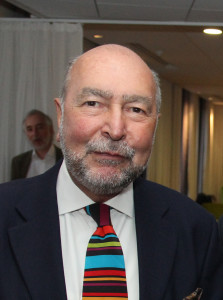 by Antonio Federico
by Antonio Federico